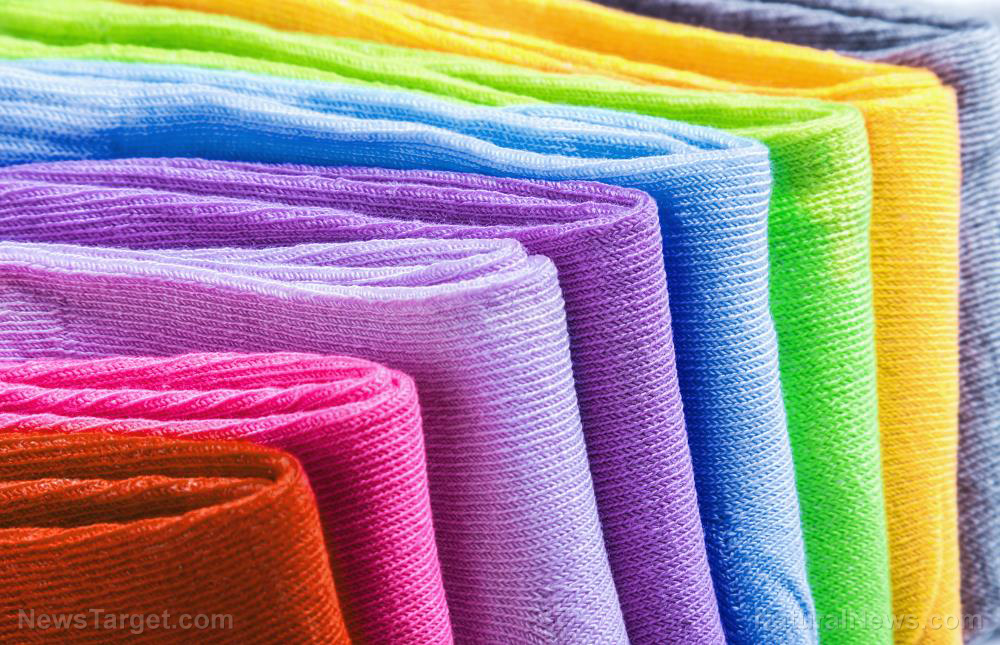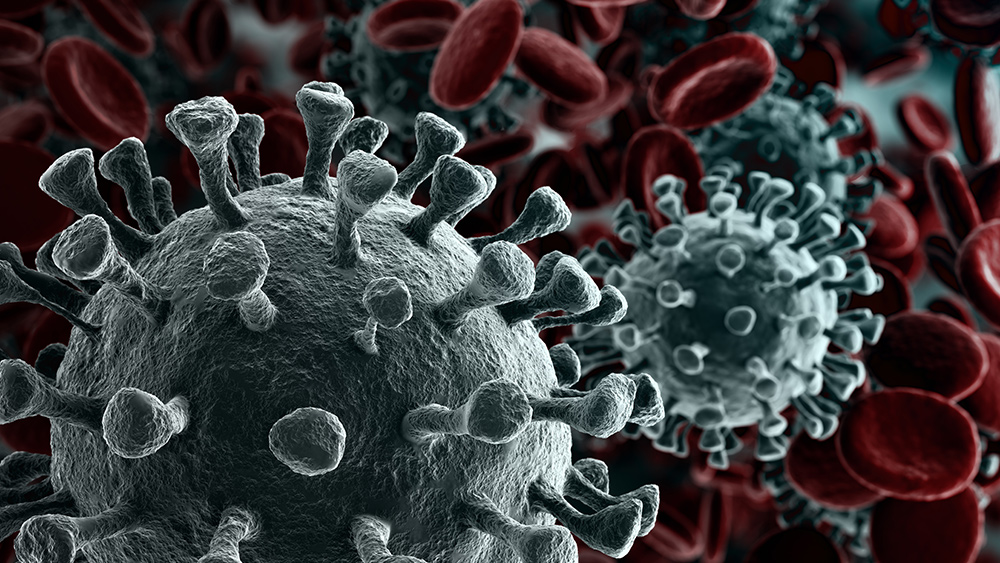Swiss fashion company creates 100% compostable clothes
04/20/2020 / By Arsenio Toledo

Freitag, a fashion company based in Zurich, Switzerland, is creating clothes that are 100 percent compostable – down to the last thread. After two to five months of use, they will begin decomposing, leaving nothing behind, contributing to the fight against clothing waste.
Founded by brothers Markus Freitag and Daniel Freitag in 1993, Freitag gained a lot of fame in the fashion industry when they began making bags out of recycled materials, like truck tarpaulins. Since it saw large-scale success with its recycled bags, it spent five years developing its first compostable garment. It was supposed to be a new uniform for workers in Freitag’s factories, but the Freitag brothers saw potential in selling it. They believed that it could create a massive shift in the fashion industry.
“We ended up crating clothes that are completely biodegradable,” said Pascal Dulex, Freitag’s creative director, during a design festival. “Once you want to get rid of them, you just compost them – you bury them and there’s hopefully growing something new.”
The average person throws away 70 pounds’ worth of shoes and clothes annually. According to studies, it takes over 5,000 gallons of water to manufacture either a single T-shirt or a pair of jeans. Nearly 20 percent of global waste water being produced by the fashion industry. With that in mind, alternatives to the fast fashion model of production like the ones championed by Freitag are sorely needed.
Freitag spent five years developing sustainable apparel lines
Freitag’s five-year long research resulted in F-ABRIC, a 100 percent biodegradable textile. The material is made in Switzerland without excessive water use. This, according to Markus, makes their clothing highly sustainable, as a normal pair of jeans usually travels 31,000 miles (50,000 km) around the world before they find a consumer. (Related: Researchers have recycled clothing waste into an “aerogel” supermaterial that can help stop wound bleeding.)
F-ABRIC uses a base of natural fibers, like linen and hemp, at the same time intentionally avoiding industry-standard materials like organic cotton due to its high water footprint. From there, it sources other biodegradable materials for other portions of its apparel. It uses buttons made of ivory nuts from South America, it did away with plastic tags and instead printed its care instructions directly onto the garments and the final products are shipped out using biodegradable bags made from tapioca starch.
Once they determined what non-synthetic materials they would use for their clothing, sourcing them proved to be an even greater challenge. Elisabeth Isenegger, a public relations lead for Freitag, explained that there wasn’t a lot of transparency in the fashion industry.
“Even if you want to do things right as a supplier or consumer, it’s very hard because in many cases a lot of information is missing,” said Isenegger. Which is why instead of relying on a supply chain that’s clouded in secrecy, Freitag took matters into their own hands and decided to make their materials from scratch.
According to Isenegger, the company spent five years setting up their own sustainable textile supply chain. After all their hard work, their first 100 percent biodegradable line of clothes was released in 2014, with most of the materials made in Europe to cut down on production emissions.
Freitag hopes that in the future, more brands similar to it, not just in the fashion industry, will take the lead and consider how the full life span of their products affects the environment.
“The fast fashion cycle – the idea that brands always need to be putting out something new – is a big problem,” said Isenegger. “We don’t think we need to put out a whole new collection every year.”
Sources include:
Tagged Under:



















